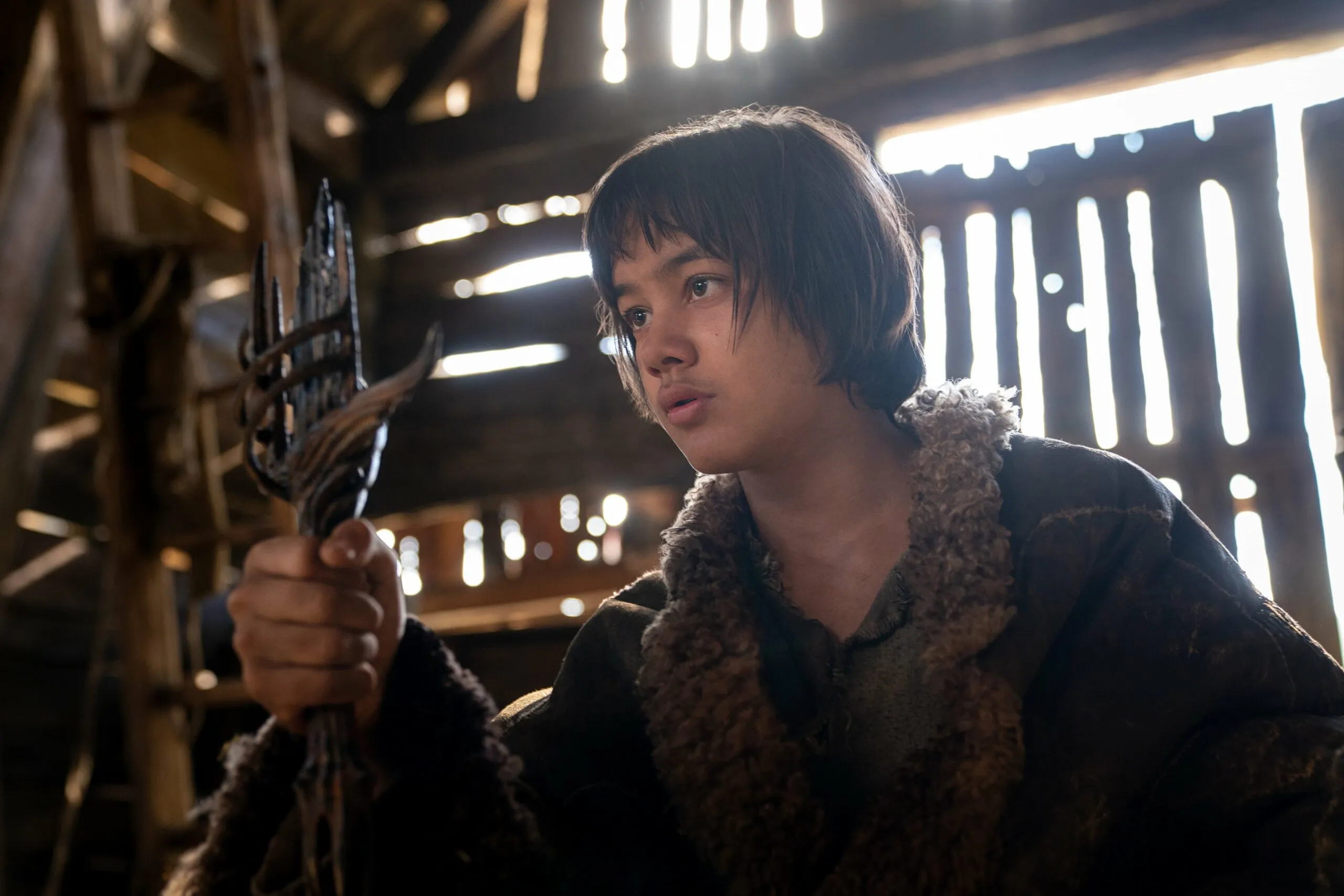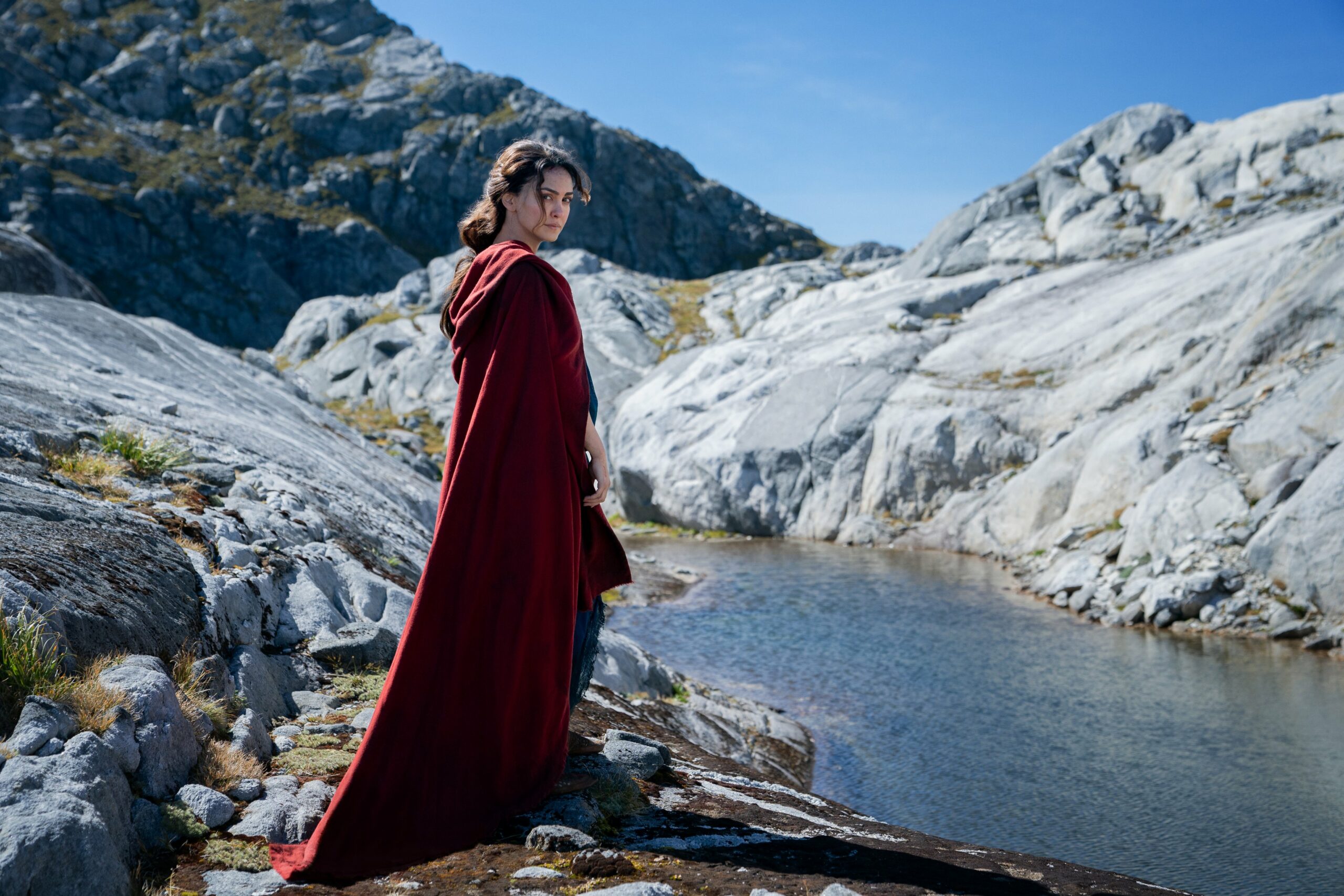Before there were any holes in the ground, any Hobbits in the four farthings of the Shire, or any legendarium detailing the creation of the fictional world of Eä, where Middle-earth is located, J.R.R. Tolkien was first and foremost fascinated with the construction of languages. In fact, one could argue that The Lord of the Rings originally started as a figment of the lore the British author was trying to come up with for his new language. The rest, as they say, is history.
But now that the fictional world is making a comeback to live-action through Amazon’s The Rings of Power series, Quenya and Sindarin will also find further footing on the lips of the Elves of the Second Age. Discussing the difference between the divine Elven speech and its sharp contrast with the Orcs in a recent chat with Inverse, here’s what the show’s dialect coach, Leith McPherson, had to say on the matter.
In her words, Quenya, the language of the Elves, is lyrical and beautiful, whereas Orcish is designed in a way to be “an affront to the listener.”
“It should feel awful to speak and to hear,” she said. “It’s guttural. It’s harsh. It’s full of rough consonants. All language is a physical act upon the listener. Elvish is a beautiful experience. Orcish is awful.”
The first Orcs were bred out of corrupt Elves by Morgoth the Black Foe. It only stands to reason, then, that their language should also have the opposite effect on anyone unfortunate enough to catch a sound of it.
As for the Dwarves, who not only feature in The Rings of Power but have a prominent role to play in the narrative, McPherson compares their language to the lively quality of day-to-day sentience.
“These are people connected to the Earth, to stone in particular. It evokes their very solid present. It’s beautiful but there is a rougher quality, a feeling of weight.”
We have a feeling that we’ll be able to observe these subtle differences for ourselves when The Rings of Power premieres in September. What’s more, McPherson worked with Peter Jackson on The Hobbit trilogy as well, so the language of the Elves will have a ring of fond familiarity to them besides their faithfulness to Tolkien’s work.












Published: Jun 16, 2022 05:14 pm